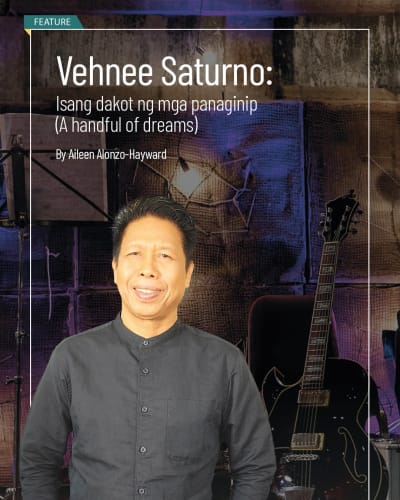A popular website feature coming to Pangyao Magazine for the first time, Pangyao co-founder Aileen’s advice column helps to answer readers’ questions about living and working in Hong Kong.
In this issue, Aileen poses a question to Avril Rodrigues, Head of Communications at HELP for Domestic Workers.
Reader's question: My communication with my employer in Hong Kong often feels strained;
how can we build a better and mutually beneficial working relationship?
OVER THE PAST few years, there have been many discussions surrounding the rights of migrant domestic workers in Hong Kong.
Despite numerous research papers, statistics and press reports highlighting their importance in the city’s development, there remains a consistent narrative that domestic workers benefit a lot more from the working arrangement than their employers, hence have a lot more to lose in the event of a breakdown in that employment relationship.
Because of such stereotypes, a substantial burden of responsibility is often placed upon domestic workers, to understand the resources at their disposal when it comes to enforcing their rights.
The reality, of course, is that the relationship between a domestic worker and their employer is one of mutual benefit.
While migrant domestic workers come to Hong Kong to engage in meaningful work opportunities, employers rely on such workers to care for their homes, and care for their families – including their children, and elderly and sick relatives. Hence, it stands to reason that fostering a good working relationship is in the interests of both parties.
Pandemic-related travel restrictions in the past couple of years have meant a shortage of migrant domestic workers moving to Hong Kong. This experience and resulting demand challenges have led to an increased appreciation for domestic workers, serving to highlight the significant impact they have on the local economy, and on our daily lives.
So, how do you develop a mutually beneficial relationship with your employer?
The answer is not short, nor is it easy. Straddling the line between employment and family relationships, firstly it’s important to understand the unique relationship between migrant domestic workers and their employers within a private residence, where they are often considered to be part of the family. But likewise, it is vital to recognise that they are employees, with rights and responsibilities like any other.
To start off, as a domestic worker, you should identify and acknowledge the contributions you have made to your employer, their family, and to Hong Kong as a whole. You should understand that as an employee, you are entitled to certain rights, and remedies if these are not safeguarded.
Similarly, as an employee, you also have responsibilities that must be fulfilled in order to enjoy your rights. These include legal responsibilities – like living and working in your employer’s residence – and putting in the effort to develop a mutually beneficial relationship.
Communication is key; taking time to discuss work duties, understanding your employer’s expectations, and voicing concerns or challenges on both sides, are the shared responsibilities of both parties. Not only will these conversations help you to understand what your employer wants, but they will also give a clearer picture of what you need.
When conflicts arise, many domestic workers feel uncomfortable, as the connotations of the word ‘conflict’ suggest some sort of fight, battle or struggle. The immediate reaction may be to file a labour claim; while in some situations this may be justified, in many cases, dialogue and understanding on both sides can help to avoid unnecessary and drawn-out legal proceedings.
It is important to seek advice or assistance before a disagreement becomes a conflict. Often, shunning help and following misinformation can worsen a situation, as there is no opportunity to negotiate a resolution. Even if you think it is something small, take the initiative to address and resolve the issue, rather than letting it fester and escalate into a material conflict – which could ultimately jeopardise the employee-employer relationship.
Remember: an employment relationship benefits both your employer and you, and a healthy relationship is built upon trust, mutual respect and understanding.

























